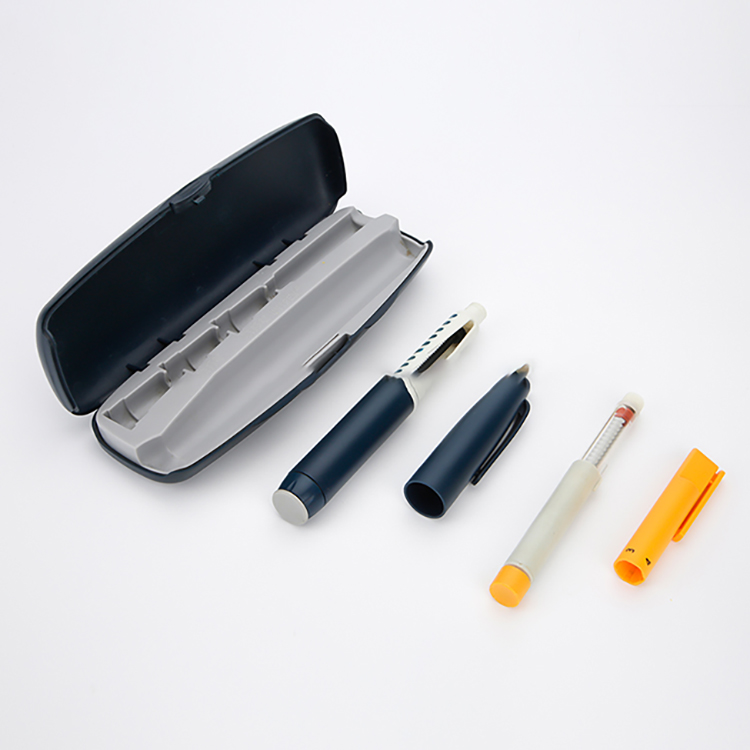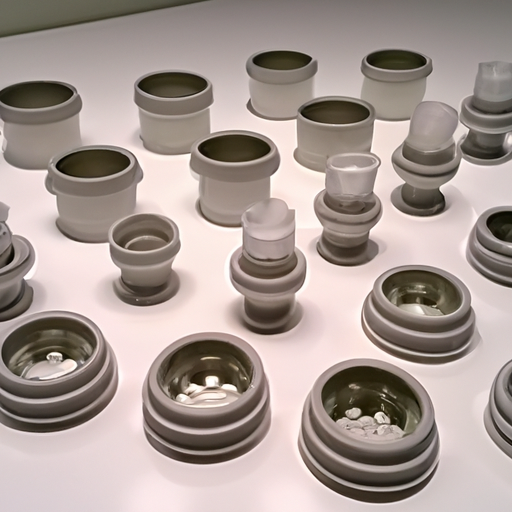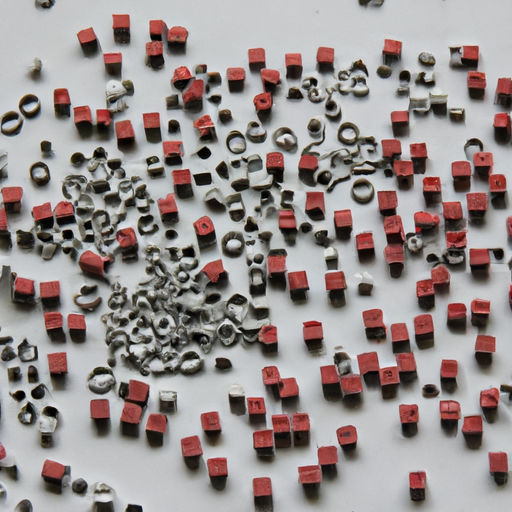The Impact of Plastic Components in Modern Cars
Plastic components have become an integral part of modern cars, playing a crucial role in the design, functionality, and overall performance of vehicles. From interior trim pieces to exterior body panels, plastic is used in various parts of a car to enhance its aesthetics, reduce weight, improve fuel efficiency, and increase durability.
One of the key advantages of using plastic components in cars is their lightweight nature. Compared to traditional materials like metal, plastic is much lighter, which helps to reduce the overall weight of the vehicle. This, in turn, improves fuel efficiency and reduces emissions, making cars more environmentally friendly. Additionally, the use of plastic components allows for greater design flexibility, enabling car manufacturers to create sleeker, more aerodynamic shapes that enhance the overall look of the vehicle.
Plastic components also offer superior durability and resistance to corrosion, making them ideal for use in various parts of a car. Interior trim pieces, such as dashboard panels and door handles, are often made from plastic because of their ability to withstand wear and tear, as well as exposure to sunlight and moisture. Exterior body panels, such as bumpers and fenders, are also commonly made from plastic due to their impact resistance and ability to absorb energy in the event of a collision.
| Delivery | PE bag + paper card/paper skin + export-grade carton / crate / Pallet |
| Technology | Foaming / Ordinary Injection / Structual Foam Molding / Over-Molding / Gas Assisted Injection Molding |
In addition to their functional benefits, plastic components in cars also contribute to a more sustainable manufacturing process. Plastic can be easily recycled and reused, reducing the environmental impact of car production. Many car manufacturers are now using recycled plastics in their vehicles, further reducing the carbon footprint of the automotive industry.
Despite these advantages, there are some challenges associated with the use of plastic components in cars. One of the main concerns is the environmental impact of plastic production and disposal. Plastic is derived from fossil fuels, which are non-renewable resources, and the manufacturing process can release harmful chemicals into the environment. Additionally, plastic waste is a major contributor to pollution, with millions of tons ending up in landfills and oceans each year.

To address these concerns, car manufacturers are increasingly turning to sustainable alternatives to traditional plastics. Bio-based plastics, made from renewable resources such as corn or sugarcane, are becoming more popular in the automotive industry. These materials offer similar performance characteristics to traditional plastics but have a lower environmental impact, making them a more sustainable choice for car components.
In conclusion, plastic components play a vital role in modern cars, offering a range of benefits in terms of design, performance, and sustainability. While there are challenges associated with the use of plastic in vehicles, advancements in materials technology and manufacturing processes are helping to mitigate these issues. As the automotive industry continues to evolve, plastic components will likely remain a key feature of cars for years to come, contributing to their efficiency, durability, and overall appeal.




